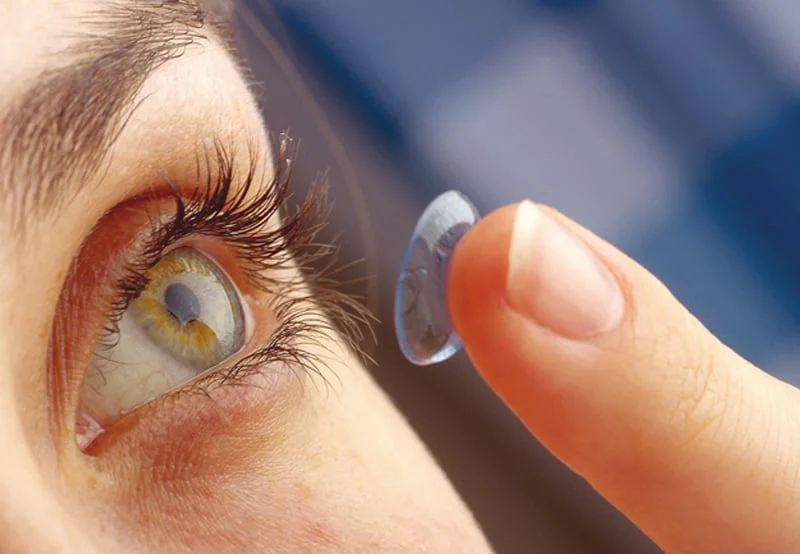After surgery, people who are legally blind or visually impaired can regain their vision thanks to corneas made of pig collagen, according to scientists.
Human donors are required for corneal transplants, and only one in seventy people are fortunate to receive one. By creating a flexible and resilient contact lens from extracted and purified pig collagen, Mehrdad Rafat at Linköping University in Sweden overcame the nearly impossible obstacle.
The contact lens was tested on volunteers before being tested on humans, as described in the journal Nature Biotechnology.
The 20 participants in the study had keratoconus, a condition where the cornea thins and bulges outward from the centre of the eye, which caused corneal blindness.
Before surgery, six of the participants had severely impaired vision, and 14 participants were legally blind. Three of the participants in the successful study reported having 20/20 vision following their procedure, and all participants’ vision was improved and their sight was restored.
Two years after the procedure, recipients who took part in the experimental study didn’t report any severe complications or side effects.
Due to collagen’s lack of individual cells, immune systems rarely reject it. As a result, the recipients didn’t take a lifetime medication to prevent body rejection; instead, they just used immunosuppressive eye drops for eight weeks after surgery.
However, Esen Akpek at Johns Hopkins University in Maryland doesn’t think the discovery is revolutionary because earlier substitutes for donor corneas had been developed but never really caught on.
Rafat, however, is more optimistic about his discovery and claims that the procedure might be less expensive than a transplant surgery using a human donor.












